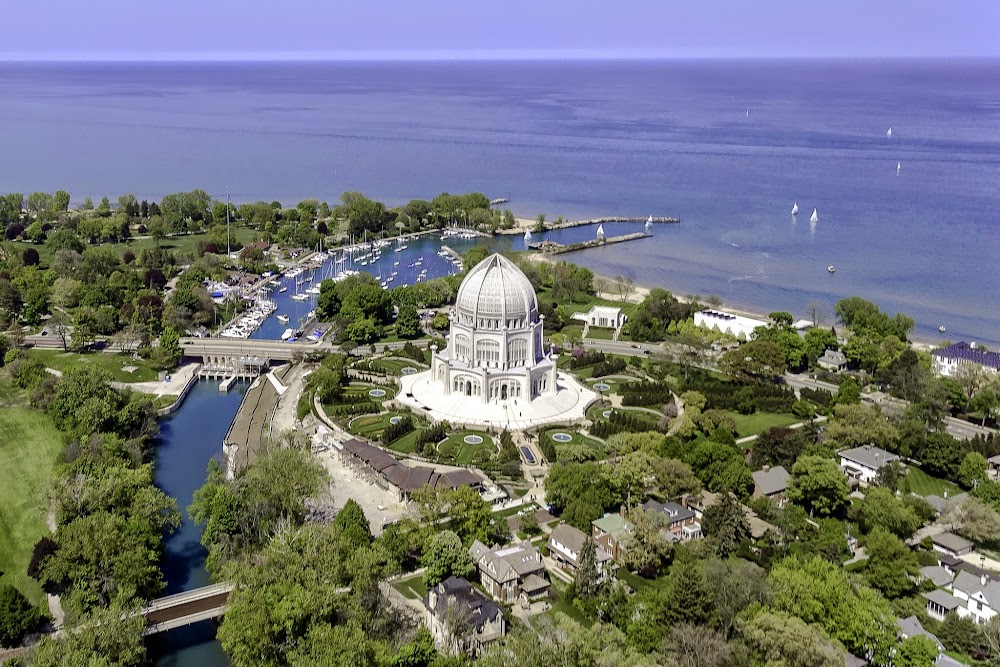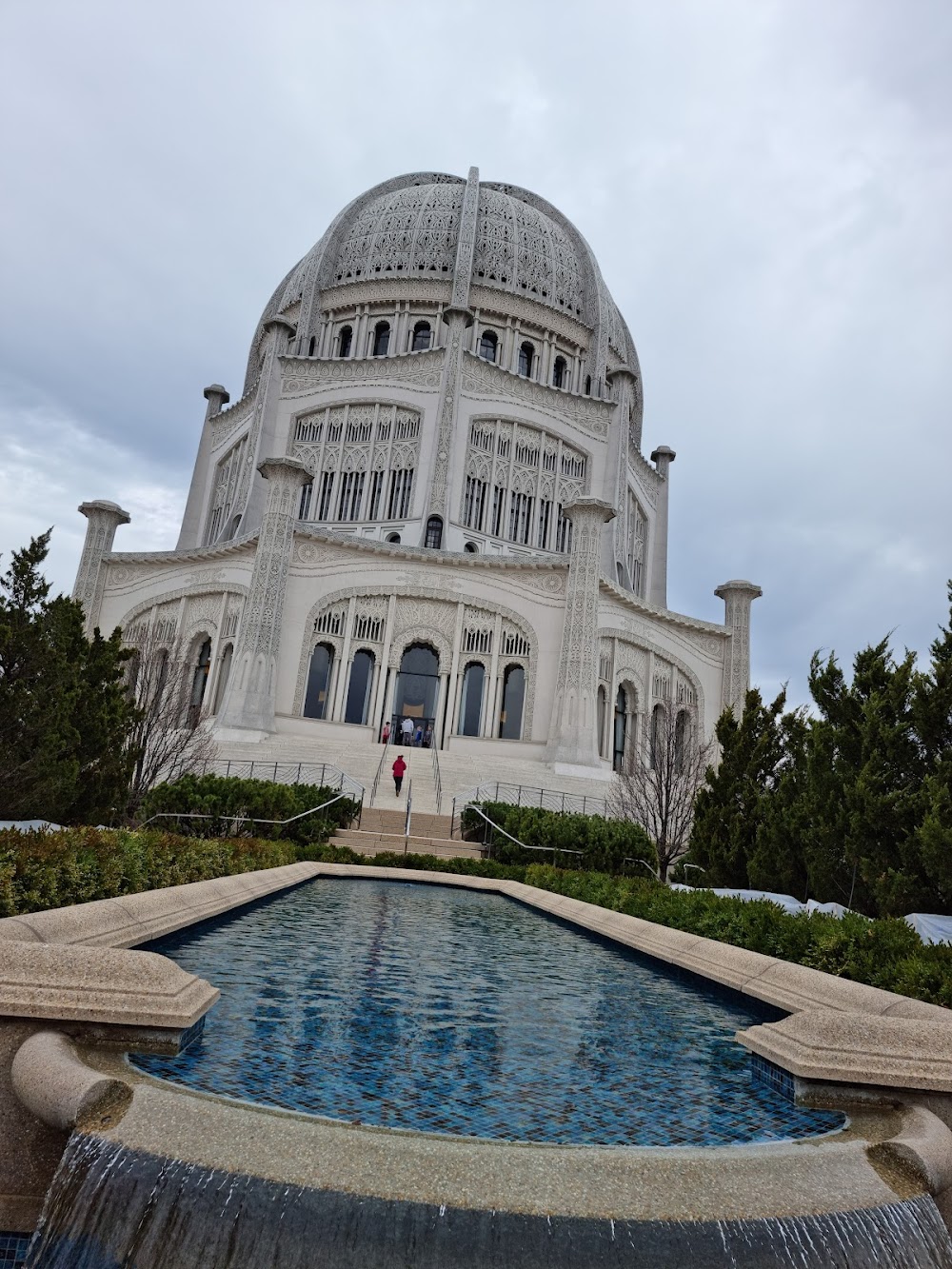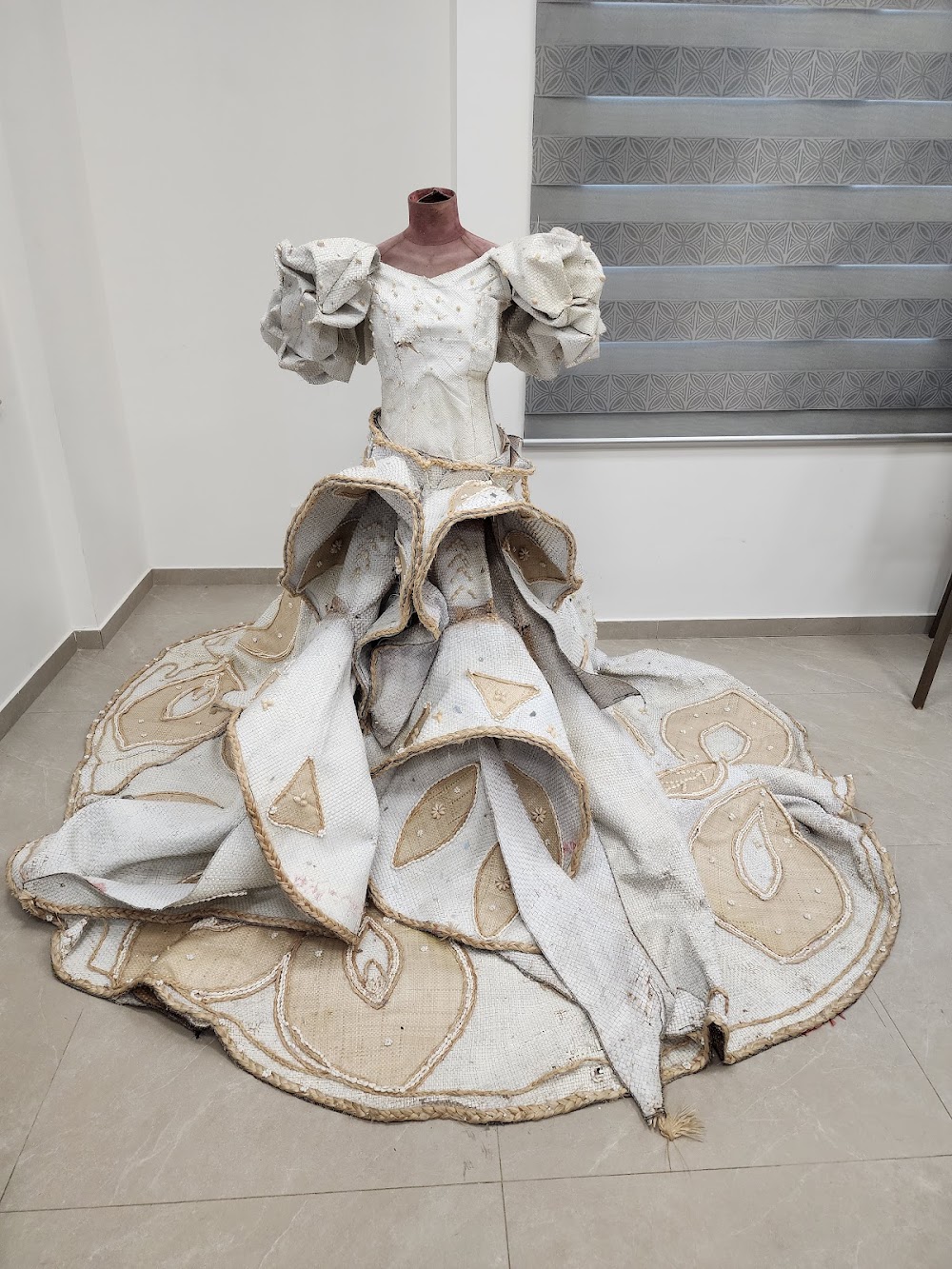Baha'i House of Worship (Maota Lotu o le Baha'i)
Overview
The Bahá'í House of Worship in Malie, Samoa, stands as a radiant symbol of beauty, peace, and unity among diverse cultures and peoples. Its narrative transcends elegant architecture; it embodies the dedication and shared values of a community that have come together to create a magnificent spiritual edifice.
In the early 1980s, the small yet vibrant Bahá'í community in Samoa envisioned a House of Worship that would serve as a sanctuary for prayer, meditation, and communal activities. This space was designed to be inclusive, welcoming individuals from all faiths. With this ambitious vision, they sought the support of His Highness Malietoa Tanumafili II, the King of Samoa and a devoted Bahá'í himself, who played a pivotal role in bringing this dream to fruition.
Over several years, the community gathered funds through the contributions of local members and Bahá'ís from around the globe, both large and small. They chose a stunning site in Malie, offering breathtaking views of the lush green landscape, providing a peaceful backdrop for the future temple.
The renowned Samoan architect, Doone W. Raynor, was entrusted with the design of the House of Worship. Drawing inspiration from Samoan traditions and the principles of Bahá'í architecture, which emphasizes simplicity, light, and welcoming beauty, he created a blueprint featuring a dome-shaped structure. This design symbolizes the heavens and is supported by nine sides, reflecting the Bahá'í belief in the spiritual significance of the number nine, a representation of completeness and unity.
Construction commenced in 1984, marked by the laying of the foundation stone by Malietoa Tanumafili II. Local craftsmen and laborers, alongside volunteers from the Bahá'í community worldwide, lent their skills to the project. The materials for the House of Worship were carefully selected for both their durability and their connection to Samoan culture, utilizing local stone and timber to ensure harmony with the natural surroundings.
The architecture harmoniously blends traditional Samoan styles with modern elements. Latticed windows allow natural light to flood the interior, creating an atmosphere of spiritual illumination. The interior remains simple and elegant, devoid of icons and images, emphasizing the balance and natural harmony of the space, which fosters reflection and meditation.
Surrounding the House of Worship are meticulously planned gardens featuring lush tropical plants and vibrant flower beds that bloom year-round. These gardens symbolize the diversity and beauty of creation, designed not only for aesthetic pleasure but also to promote ecological balance and attract local birds.
On September 1, 1984, the House of Worship was officially inaugurated in a grand ceremony attended by thousands from various backgrounds and religions, along with dignitaries from around the world. In his dedication speech, His Highness Malietoa Tanumafili II highlighted the House's role as a sacred space for unity, inviting all people, regardless of faith, to gather for worship and service.
Since its opening, the Bahá'í House of Worship in Malie has evolved into a vibrant community hub. It hosts regular devotional meetings where scriptures from various religions are read, embodying the Bahá'í belief in the oneness of religion. The surrounding facilities also serve as venues for educational programs, youth activities, and projects aimed at community building and social development.
Moreover, the House of Worship has become a captivating attraction for visitors to Samoa, drawn by its architectural beauty and the spirit of peace and unity it radiates. People of all faiths and backgrounds are warmly welcomed to visit, pray, meditate, or simply enjoy the tranquility of the gardens.
In essence, the Bahá'í House of Worship in Malie is more than just an architectural marvel; it stands as a beacon of unity and a testament to the power of collective effort and shared spiritual values. Through this sacred space, the Bahá'í community in Samoa and beyond celebrates the principles of unity, peace, and the collective human spirit.




